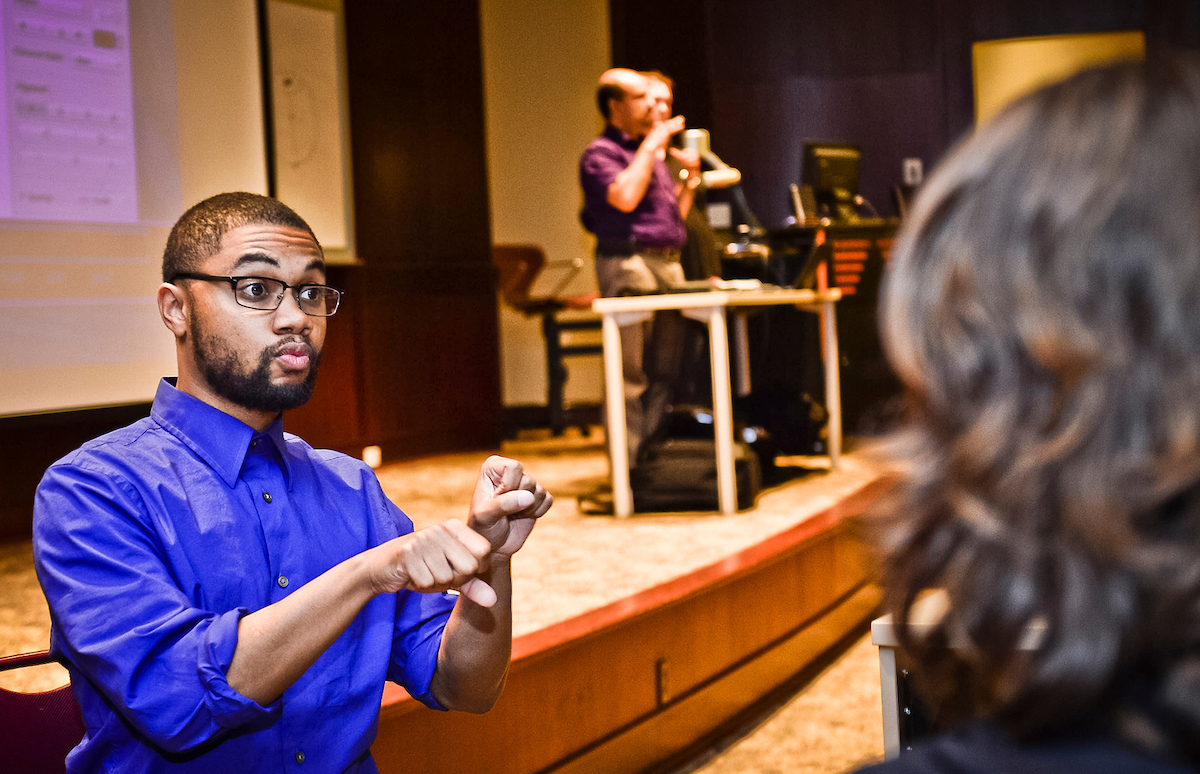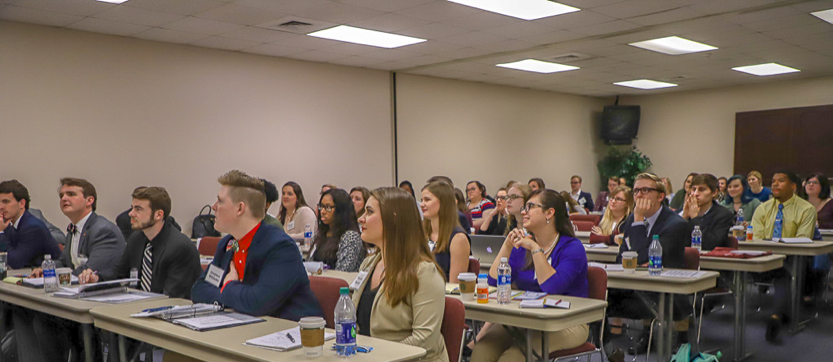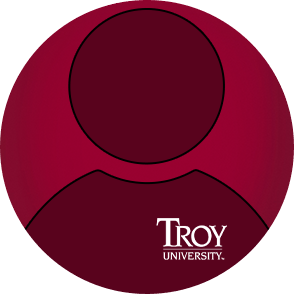Create Connections, Include and Empower with a Bachelor's Degree in ASL
Do you have a love for languages and cultures? Are you passionate about including others and celebrating differences? If so, American Sign Language (ASL) interpreting may be for you. If you are a strong communicator who is interested in making information accessible to others, Troy University's Bachelor of Science in Interpreter Training program prepares you for rewarding interpreter careers.




